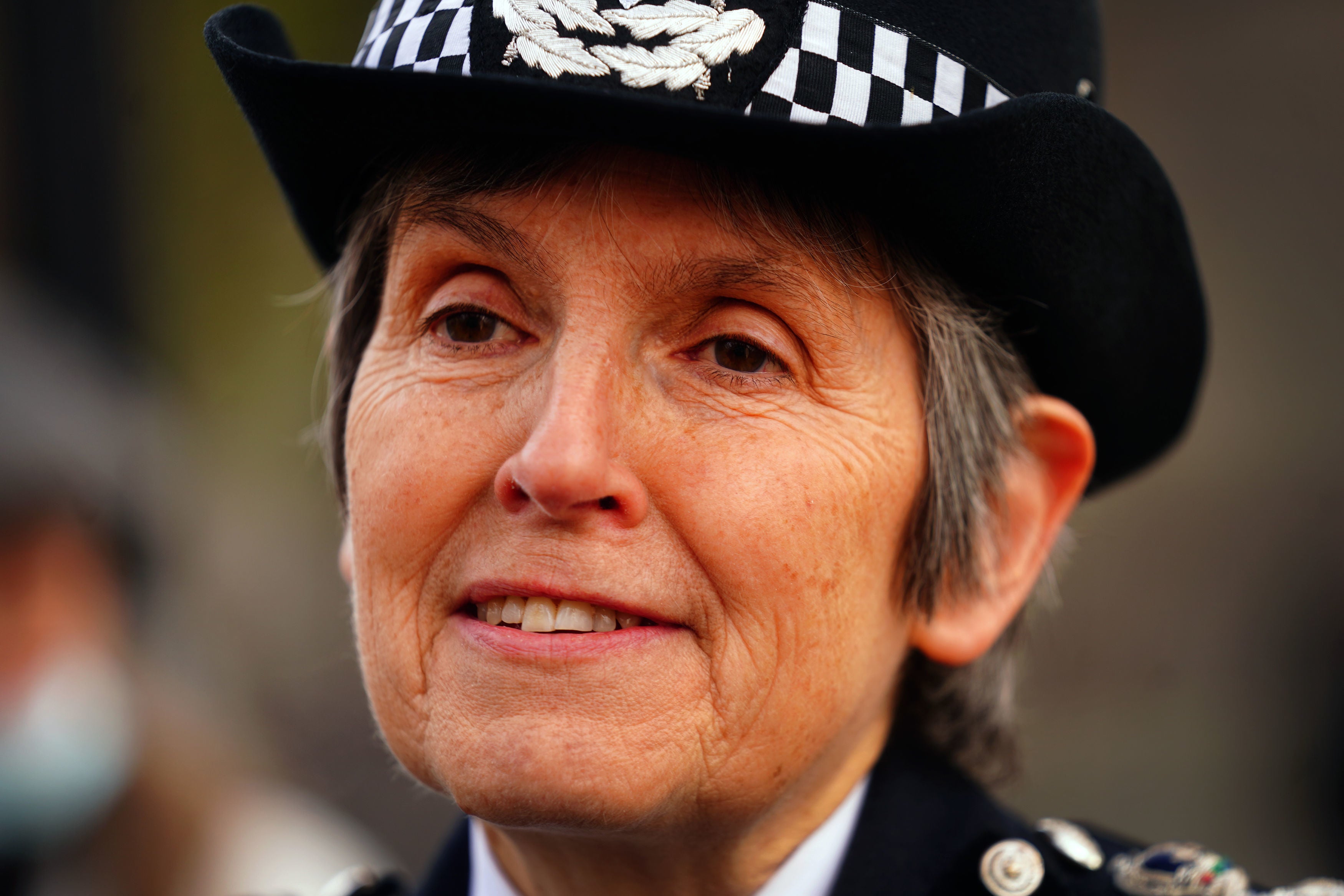With the Met in special measures, morale is low among the police and those they serve
Editorial: The bigger mission must be to inculcate those values of diversity and inclusion that society now shares and expects of those who serve

Adding to a growing sense of national malaise, no less than six police forces in England have now been placed in special measures, including the largest – the Metropolitan Police Service.
A watchdog, Her Majesty’s Inspectorate of Constabulary and Fire & Rescue Services, is faced with the unprecedented challenge of investigating multiple forces, large and small. Apart from London, the police in Greater Manchester, Cleveland, Gloucestershire, Staffordshire and Wiltshire. A substantial proportion, therefore, of the population of England is subject to substandard policing. Given the variety of the forces, the suspicion must be that the rot doesn’t stop at the precise administrative borders of the police under investigation.
The watchdog will need to be given the time and resources to get on with its vital work, given the sheer scale of the problems. Its inspectors have raised “systemic concerns” about the Met, including its substandard response to emergency calls, “barely adequate” crime recording and a backlog of child abuse referrals. All of those follow a series of scandals, notably the murder of Sarah Everard and the resignation of the commissioner, Dame Cressida Dick.
Different forces will obviously have their own mix of failings, but two themes may soon begin to emerge, albeit in different manifestations in different places. First is the seemingly ineradicable culture of racism and sexism that infects too many police officers, in too many units. These elements have availed themselves of the new social media channels such as WhatsApp in the most repulsive way.
No doubt they are a minority of the officers, but they are plainly a corrosive influence and are harming the morale and reputation of the majority of officers who work long shifts with great dedication and bravery. Some stronger disciplinary procedures would help deter the worst excesses. Too few serious misdemeanours seem to be met with suspension pending investigation, and too many investigations are petering out.
There is inadequate internal supervision and weak independent external oversight of officers accused of offences. There is too much tolerance of the kind of attitudes that are hateful and unacceptable to the people who pay their wages.
The bigger mission must be to inculcate those values of diversity and inclusion that society now shares and expects of those who serve. There should be no incidents, for example, of officers taking photographs of dead bodies for the purpose of ridicule. The police wish the public to respect them then they must respect the public and, indeed, the law.
That process, a kind of moralisation of people who have to deal with situations and people that would drive anyone towards cynicism, starts at the recruitment stage, and that highlights the question of the calibre of the 20,000 new recruits that we hear so much about.
Reading between the lines of the inspectors’ reports, it seems that the 20,000 new entrants are merely replacing a similar number of experienced officers laid off over the decade after the Conservatives came to power in 2010. That breadth of skill and local knowledge and contacts became evident even in the riots of 2011, and it has not been repaired even now.
To keep up to speed with all the latest opinions and comment, sign up to our free weekly Voices Dispatches newsletter by clicking here
It will take many years for the fresh blood to make up for the loss of expertise let go during the years of austerity. Too many burglaries, cases of fraud, vandalism and domestic assaults go by without proper attention, and it erodes confidence in and support for the police. Crimes against women and girls have not been given the priority they demanded. The Rochdale, Rotherham, Oxford and other grooming scandals show how pernicious a culture of complacency can be. The mistakes of the recent past will take time to correct.
It is an appalling position for the police to be in, given the immense bravery shown by officers during terror attacks and facing violence in their everyday work. Some forces have been poorly led, are insensitive to the communities they serve, and have suffered from moral and material corruption. Officer numbers have been cut back, and they are consistently underpaid. Incentives are poor. There has been too little investment in new technologies.
No wonder morale is so low, on both sides of the thin blue line. The good news is that policing has run into periods of decline and corruption before, but dedicated officers under inspiring chief constables have been able to turn things around, not least in the Met where systemic and blatant corruption has had to be rooted out time and again. Like the pursuit of criminals, though, fixing the police can be something of a cat-and-mouse game. Policing by consent deserves and depends upon constant vigilance.






Join our commenting forum
Join thought-provoking conversations, follow other Independent readers and see their replies
Comments